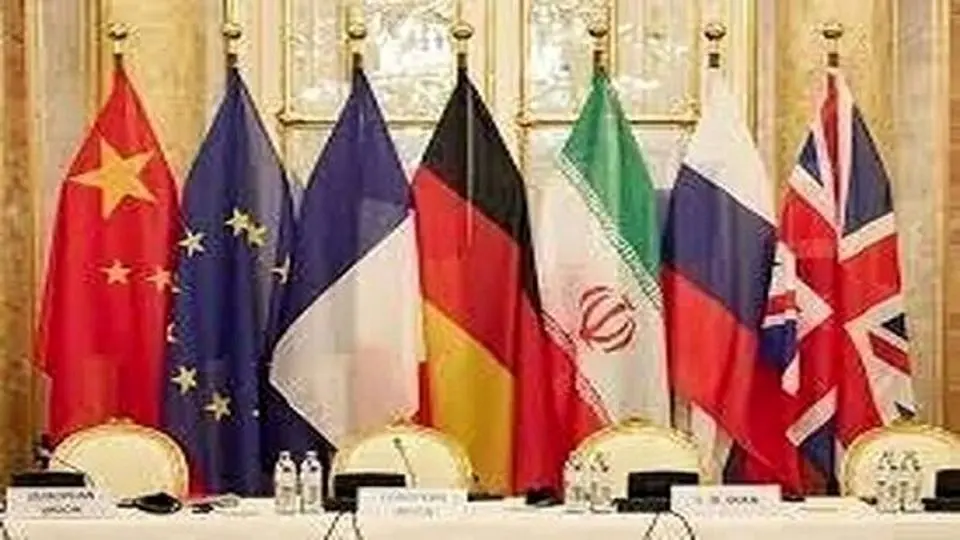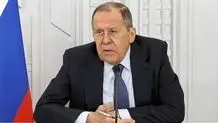US to blame for JCPOA implementation failure: Russia
Iran and Russia commonly consider the US to be responsible for the problems that have faced the proper implementation of the 2015 nuclear deal, the Russian foreign ministry has cited the countries' officials as saying.

MEHR: Iran and Russia commonly consider the US to be responsible for the problems that have faced the proper implementation of the 2015 nuclear deal, the Russian foreign ministry has cited the countries' officials as saying.
The ministry issued the remarks in a statement on Tuesday following a meeting in Tehran between Russian Deputy Foreign Minister Sergei Ryabkov and his Iranian counterparts Ali Bagheri-Kani and Reza Najafi.
Tehran and Moscow were unanimous in believing that the failure to implement the deal stemmed from the "erroneous policy of 'maximum pressure' pursued by the United States and those who think similarly," the statement read.
The deal, officially known as the Joint Comprehensive Plan of Action (JCPOA), was inked in July 2015 between Iran and the five permanent members of the United Nations Security Council -- the United States, Russia, China, Britain and France -- plus Germany.
It enabled limited sanction relief for the Islamic Republic, which, in turn, volunteered to change some aspects of its nuclear work.
The US, however, left the agreement in 2018 as part of former president Donald Trump's so-called "maximum pressure" policy against Iran, returning all the sanctions that the deal had lifted.
The US allies in the deal -- France, Britain, and Germany -- then bowed under Washington's pressure by toeing the sanction line and suspending their trade activities with Tehran.
Negotiations to revive the agreement started in April 2021. The talks have, however, stalled amid Washington's refusal to offer guarantees that it would not ditch the deal again.
The Russian ministry went on by asserting that there was "no reasonable alternative" to implementing the JCPOA as approved by the UN Security Council, citing the fact that the UNSC has endorsed the agreement in the form of Resolution 2231.
آخرین اخبار Iran را از طریق این لینک پیگیری کنید.




